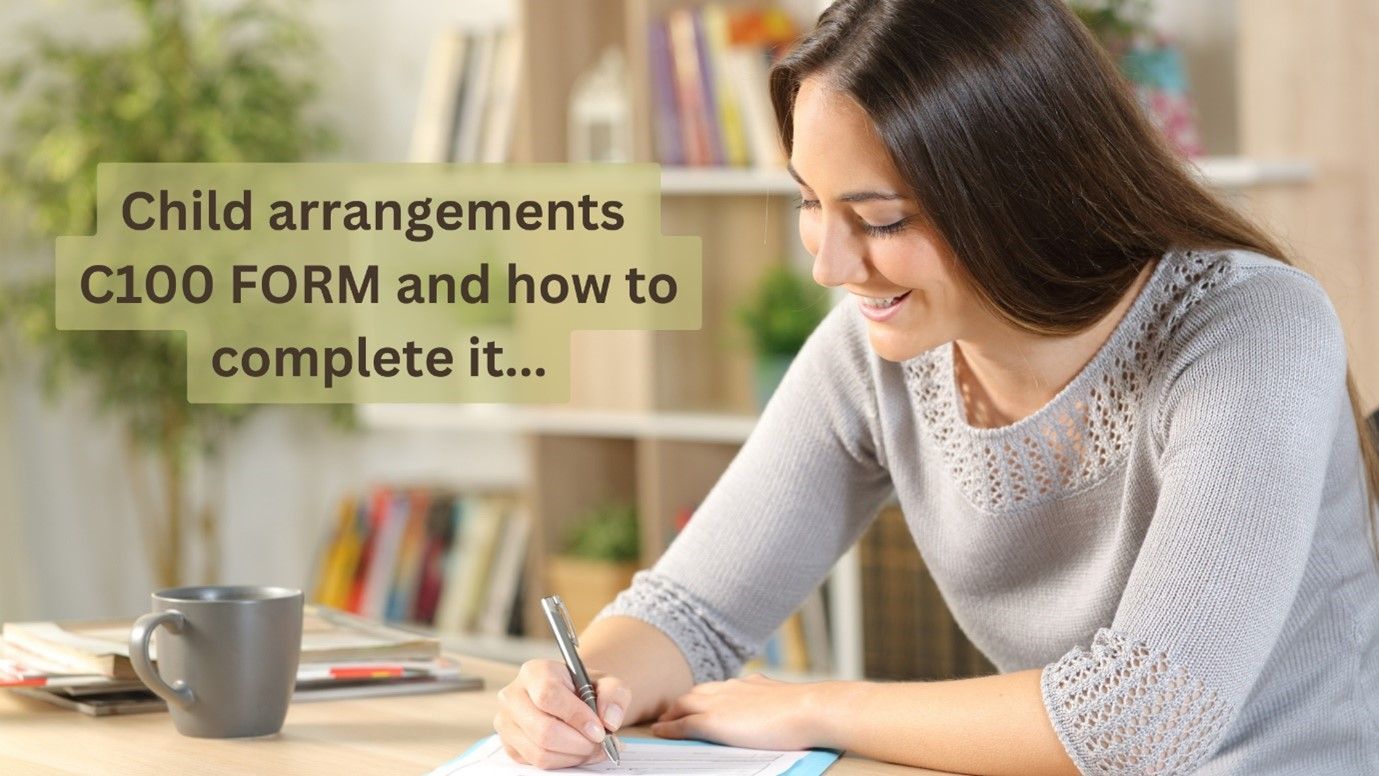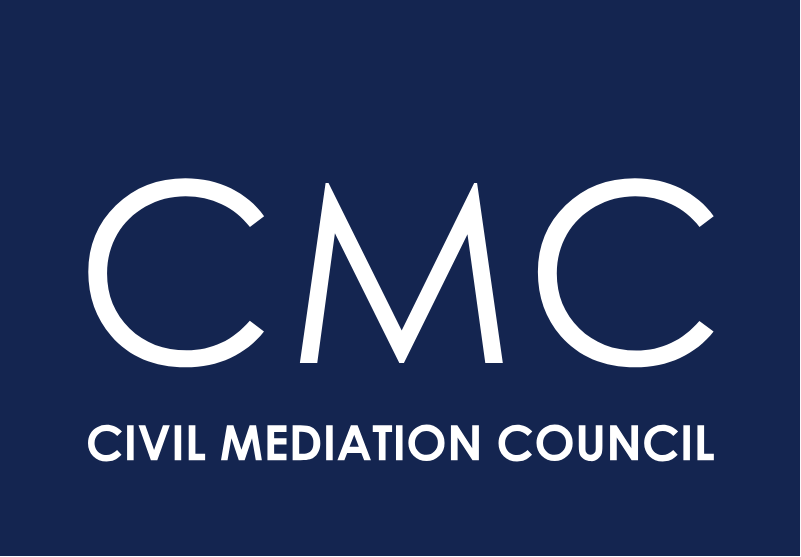How to navigate divorce and utilise divorce support services
The journey through divorce is undeniably challenging, marked by emotional turbulence and complex decisions. While mediation is a powerful tool for resolving disputes, there are instances where it may be too soon to jump into the mediation process. This blog explores how to navigate divorce, the importance of recognising the right timing for mediation. It highlights the invaluable role of family counselling, divorce coaches, and divorce support services in laying the foundation for a successful mediation experience.
1. Understanding Emotional Readiness: Divorce is a deeply emotional process, and individuals may not be emotionally ready for mediation immediately after deciding to separate. Emotions such as anger, sadness, and confusion can cloud judgment and hinder effective communication. Before entering mediation, taking the time to address these emotions through counselling can pave the way for a more productive mediation experience.
2. Family Counselling: Family counselling provides a safe and structured environment for individuals and families to express their emotions and concerns. Through facilitated discussions, family members can begin to understand each other's perspectives and lay the groundwork for more effective communication. For some, this emotional groundwork is crucial before delving into mediation, particularly if there may be an ambition to reinvigorate the relationship.
3. Divorce Coaches: Navigating Emotional Challenges Divorce coaches specialise in providing emotional support and guidance during the divorce process. They help individuals manage the emotional challenges associated with divorce, offering coping strategies and helping clients focus on their priorities. Engaging with a divorce coach before mediation can enhance emotional resilience and contribute to a more constructive mediation process.
4. Addressing Power Imbalances: In some cases, there may be power imbalances between participants involved in a divorce. Your mediator will be able to support you through the mediation if this is likely to be a concern. Shuttle mediation and/ or the use of virtual private ‘break out rooms’ are options, for example. If you are still concerned after you have met your mediator it may be helpful to consider utilising other support (see above).
5. Setting Realistic Expectations: Mediation works best when participants approach it with realistic expectations and a willingness to collaborate. Your mediator will be able to help throughout the process, exploring and ‘challenging’ options and solutions with participants. It is important to ensure participants are mentally and emotionally prepared for the challenges and compromises involved.
6. Building a Solid Foundation for Mediation: Participants attend a MIAM with their mediator where they will discuss the current position and start looking to the future. Upon understanding the detail during this private session, the mediator will help signpost participants to external support if helpful which may include family counselling, CAFCASS, or divorce coaching. These in turn may help building a solid foundation for successful mediation for anyone requiring additional assistance. When individuals have addressed their emotional needs they will be better equipped to engage in the mediation process constructively.
7. Ensuring a Child-Centric Approach: For couples with children, family counselling can be especially beneficial and of course Child Inclusive Mediation (CIM) will be discussed with you during the MIAM and thereafter by your mediator. Considering the child's voice helps parents navigate the emotional impact of divorce on children and work together to create a child-centric approach. This collaborative parenting foundation sets the stage for effective co-parenting discussions during mediation.
8. Seeking independent Legal and Financial Advice: Seeking legal/ financial advice before and during family mediation discussions is very important, particularly if you are not aware of your rights, obligations and potential outcomes under the law. This knowledge will empower you to make informed decisions during the mediation process. Advisers can provide valuable insights into complex legal and financial matters, helping you to navigate intricate issues such as asset division, child custody, and support arrangements. Engaging professional guidance can also help foster fairness, clarity, and efficiency in resolving family disputes through mediation, helping to create more satisfactory and durable agreements for all.
While mediation is a powerful tool for resolving disputes, it is essential to recognise that sometimes it's too soon to dive into the process. Family counselling, divorce coaches, CAFCASS, legal/ financial advice and other support services play a crucial role in preparing individuals emotionally and mentally for the challenges of divorce and separation. By addressing emotional needs, improving communication, and setting realistic expectations, these services lay the groundwork for a more successful and collaborative mediation experience. Timing is key, and by recognising when it's too soon for mediation, with the help of your mediator, individuals can embark on a journey towards resolution with greater emotional resilience and a higher likelihood of achieving mutually beneficial outcomes. We will of course be able to help signpost you during your MIAM if you have any concerns.
To find out more about how Latitude Mediation can support you after you have made the decision to move forwards, get in touch here or email info@latitudemediation.co.uk.





















